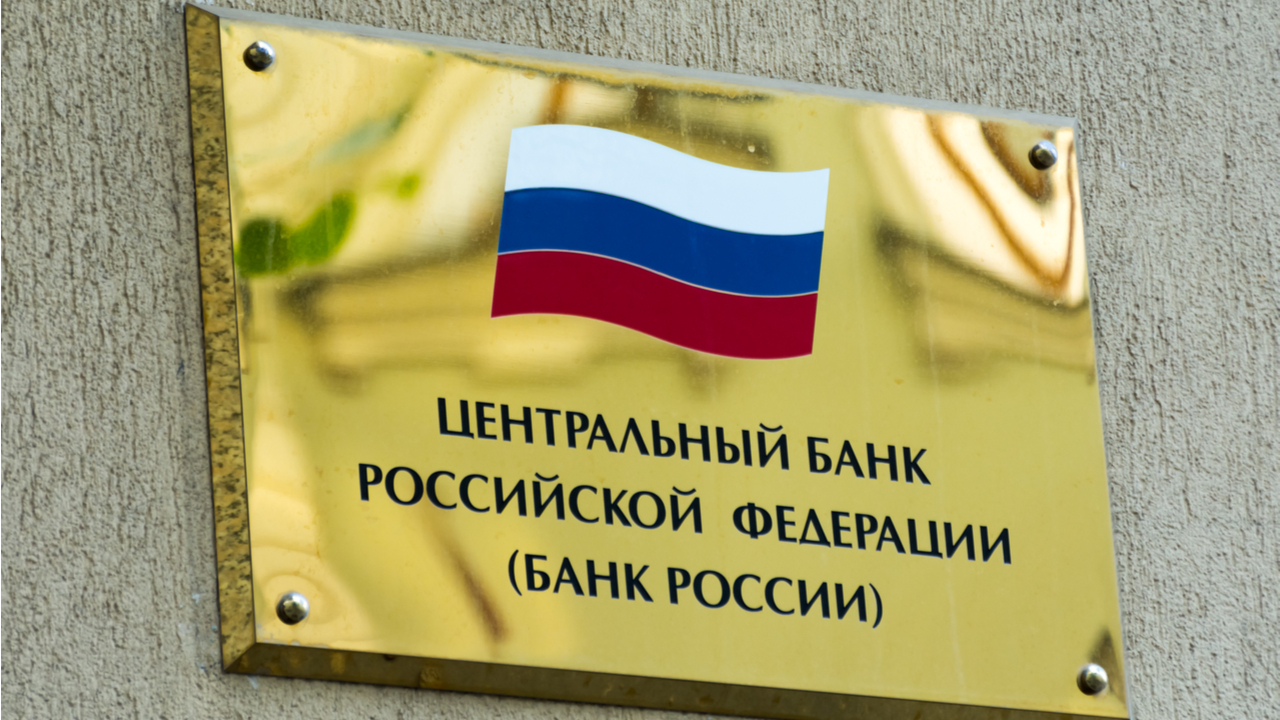With the growing capitalization of the crypto economy, Russians have been making crypto transactions worth billions of dollars a year, data gathered by the Central Bank of Russia shows. Russian residents are some of the most active participants in the crypto market, the regulator has acknowledged.
Russians Among Most Active Crypto Users, Central Bank Admits
True to its hardline stance on decentralized digital money, the Central Bank of Russia (CBR) has recently stated that cryptocurrency operations “carry significant risks for financial stability and investors as well as climatic risks.” The warning has been issued with its Financial Stability Overview for the second and third quarter of 2021.
The monetary authority has recognized the rapid growth in the capitalization of the digital currency market this year. According to its analysis, quoted by Forklog, increased investor interest in technologies such as blockchain, smart contracts, decentralized finance, and stablecoins has played a key role in the rising crypto prices.
Citing various analytical studies, the financial regulator has admitted that the residents of the Russian Federation are among the most active participants in the crypto space. Russians are also some of the most frequent users of cryptocurrency platforms. Russia is one of the leaders in terms of number of visits on Binance, the world’s leading crypto exchange.
Referring to estimates by large financial institutions surveyed this past July, Bank of Russia notes that the annual volume of digital currency transactions made by Russians amounts to around $5 billion. However, the CBR also remarks that the anonymous nature of cryptocurrencies contributes to their use in criminal activities such as money laundering and terrorist financing.
The central bank, which consistently rejects the legalization of cryptocurrency as a legal tender in the Russian Federation, has pointed to other related risks as well, including the conversion of fiat savings into crypto assets. The CBR considers cryptocurrencies unreliable as a store of value due to their price volatility.
The regulator is also worried by the energy-intensive nature of bitcoin mining. Rich in energy resources, Russia is an attractive destination for miners and some of its provinces where electricity rates are quite low have been calling for the regulation of the industry. A growing number of officials in Moscow now think that mining should be legalized as an entrepreneurial activity and taxed as such.
Bank of Russia highlights that in general the relation between the digital currency space and the traditional financial sector remains limited. But at the same time, the authority believes that the spread of cryptocurrencies creates more and more risks for Russia’s financial market and insists on the need for improved monitoring.
Do you think Bank of Russia can change its attitude towards cryptocurrencies in the future? Let us know in the comments section below.
Image Credits: Shutterstock, Pixabay, Wiki Commons
Disclaimer: This article is for informational purposes only. It is not a direct offer or solicitation of an offer to buy or sell, or a recommendation or endorsement of any products, services, or companies. Cryptox.trade does not provide investment, tax, legal, or accounting advice. Neither the company nor the author is responsible, directly or indirectly, for any damage or loss caused or alleged to be caused by or in connection with the use of or reliance on any content, goods or services mentioned in this article.





